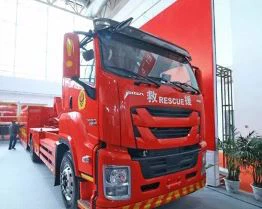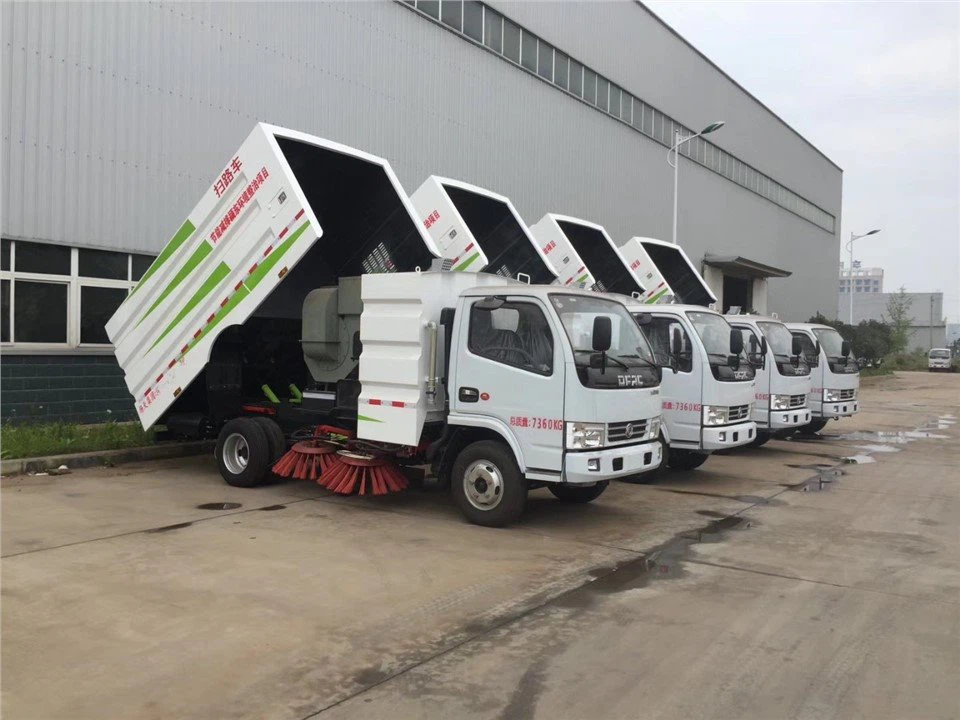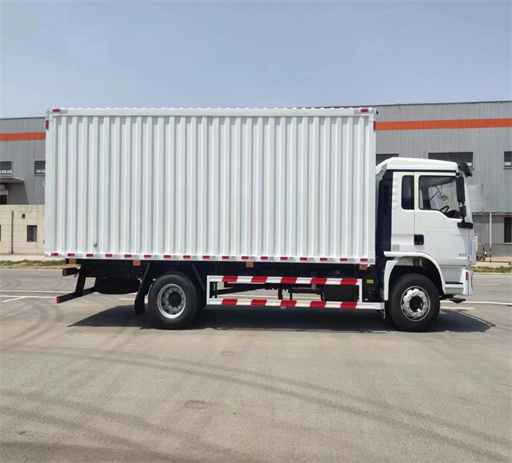Comprehensive Guide to Buying a Garbage Dumpster for Sale

When it comes to waste management, having a reliable garbage dumpster is essential for both businesses and homeowners. Whether you are renovating your home, managing a construction site, or conducting a large-scale clean-up, finding the right dumpster at the right price is crucial. In this comprehensive guide, we’ll explore everything you need to know about purchasing a garbage dumpster, from types and sizes to rental considerations and practical applications. By the end, you’ll be well-equipped to find the perfect dumpster solution for your needs.
Understanding Garbage Dumpsters
Garbage dumpsters are large containers designed to hold waste, debris, or recycling materials. They come in various sizes and types, making them versatile for different applications. Understanding their features will help you make an informed choice when looking for a dumpster for sale.
Types of Garbage Dumpsters
Here are the main types of garbage dumpsters available:
- Roll-off Dumpsters: These are open-top containers often used for construction and renovation projects. They can be easily rolled on and off trucks for transport.
- Commercial Dumpsters: Typically used by businesses, these dumpsters are usually available in a range of sizes for daily waste disposal.
- Compactor Dumpsters: Ideal for high-volume waste producers, these offer a compaction mechanism to reduce the amount of space waste takes up.
- Front-load Dumpsters: These have a lid and are usually serviced by a trash truck that lifts the front lid to dump the contents.
- Construction Dumpsters: Specifically tailored for construction waste, these dumpsters come in larger sizes and can handle heavy materials.
Common Sizes of Dumpsters
| Size (Cubic Yards) | Typical Uses |
|---|---|
| 10 Cubic Yards | Small renovation projects, garage cleanouts |
| 20 Cubic Yards | Medium to larger renovations, small construction jobs |
| 30 Cubic Yards | Residential and commercial construction, major cleanouts |
| 40 Cubic Yards | Large construction or demolition projects |
Benefits of Buying a Garbage Dumpster
Purchasing a garbage dumpster can provide several advantages:
Cost-Effectiveness
Investing in a dumpster is often more economical than frequent rental costs, especially for ongoing projects. Owning a dumpster allows you to control your waste management expenses more effectively.
Convenience and Accessibility
When you own a dumpster, you have immediate access to waste management solutions whenever needed, without having to schedule pickups.
Improved Waste Management
Having a dedicated dumpster encourages responsible waste management practices, minimizing clutter and promoting recycling efforts.
Factors to Consider When Buying a Garbage Dumpster
Before making a purchase, consider the following factors:
Volume of Waste
Estimate the volume of waste you expect to generate. This will guide you in choosing the right size dumpster.

Type of Waste
Determine what type of materials you will be disposing of, as different dumpsters are designed for different types of waste, such as construction debris, household junk, or hazardous materials.
Durability and Material
Look for dumpsters made from robust materials that can withstand weather and heavy loads. Steel dumpsters usually provide better durability compared to plastic ones.
Where to Buy a Garbage Dumpster
There are several options available when it comes to purchasing a garbage dumpster:
Local Waste Management Companies
Many local waste management services sell dumpsters. This option often provides reliable support and additional services such as pickup and delivery.
Online Marketplaces
Websites like eBay, Craigslist, or specialized disposal sites often list new and used dumpsters for sale at competitive prices.
Construction Supply Stores
Sometimes, construction supplies retailers sell dumpsters specifically targeted for contractors and construction projects.
Direct Manufacturers
Purchasing directly from manufacturers may provide more customization options and potentially lower prices for bulk purchases.
How to Evaluate a Garbage Dumpster Before Buying
Perform due diligence by evaluating the dumpster’s features:
Check for Certifications
Ensure the dumpster meets safety and environmental standards. Certifications can enhance your peace of mind regarding its disposal practices.
Inspect for Damage
Before purchasing a used dumpster, inspect for signs of damage or structural integrity loss. Look for rust, dents, or leaks, as these can affect performance and lifespan.
Review Return Policies
Understand the return policy in case the dumpster does not meet your expectations. A favorable return policy can mitigate the risks associated with your purchase.

Maintenance Tips for Owning a Garbage Dumpster
Keeping your dumpster in good condition extends its lifespan and ensures it remains functional:
Regular Cleaning
Clean your dumpster regularly to prevent bad odors and pests. Use a mild detergent and water for cleaning.
Prompt Repairs
Address any damage immediately to prevent further deterioration. Small repairs can save you from costly replacements later on.
Proper Use
Educate users on how to fill the dumpster properly to avoid overloading and ensure it remains in good shape.
Cost of Garbage Dumpsters
The cost of a garbage dumpster can vary widely based on the following:
Size and Type
As highlighted earlier, dumpsters come in different sizes and shapes, which affect their price.
Material Quality
Better quality materials tend to raise the overall cost but can save you money on maintenance in the long term.
Location and Delivery Fees
Shipping can incur additional costs based on your location. Be sure to factor in these costs when budgeting.
Price Estimates based on Size
| Size (Cubic Yards) | Estimated Price |
|---|---|
| 10 | $300 – $500 |
| 20 | $400 – $600 |
| 30 | $500 – $800 |
| 40 | $600 – $1,000 |
Practical Examples of Using a Garbage Dumpster
Here are practical ways a garbage dumpster can be utilized:
Home Renovation
During a home renovation project, a dumpster can effectively manage materials like old furniture, flooring, and drywall. This prevents clutter and simplifies the cleanup process.
Commercial Construction
For commercial developers, having a dedicated dumpster set up on-site allows for continuous waste management without delays, fostering a productive work environment.
Seasonal Cleaning
Many homeowners undertake seasonal cleanouts. A garbage dumpster available at this time makes it easier to dispose of everything unwanted, from yard waste to household junk.
Frequently Asked Questions (FAQ)

What is the average lifespan of a garbage dumpster?
The lifespan of a dumpster can vary depending on usage and maintenance but typically ranges from 10 to 15 years.
Can I rent a dumpster instead of buying one?
Yes, renting a dumpster is a popular option for short-term projects. It can be more cost-effective for those who don’t need a dumpster regularly.
How do I decide what size dumpster to buy?
Assess the volume of waste expected from your projects. Consider both the type and quantity of materials to choose the appropriate size.
What materials can I put in my dumpster?
Common materials include construction debris, household junk, and yard waste, but it’s important to check local regulations for specific restrictions.
Are there any risks to owning a garbage dumpster?
Risks can include improper use leading to damage and local regulations affecting placement; however, with proper management, these risks are minimal.
Do I need a permit for placing a garbage dumpster on my property?
Depending on your local regulations, you might need a permit, especially if the dumpster blocks public sidewalks or streets. Always check with local authorities.
